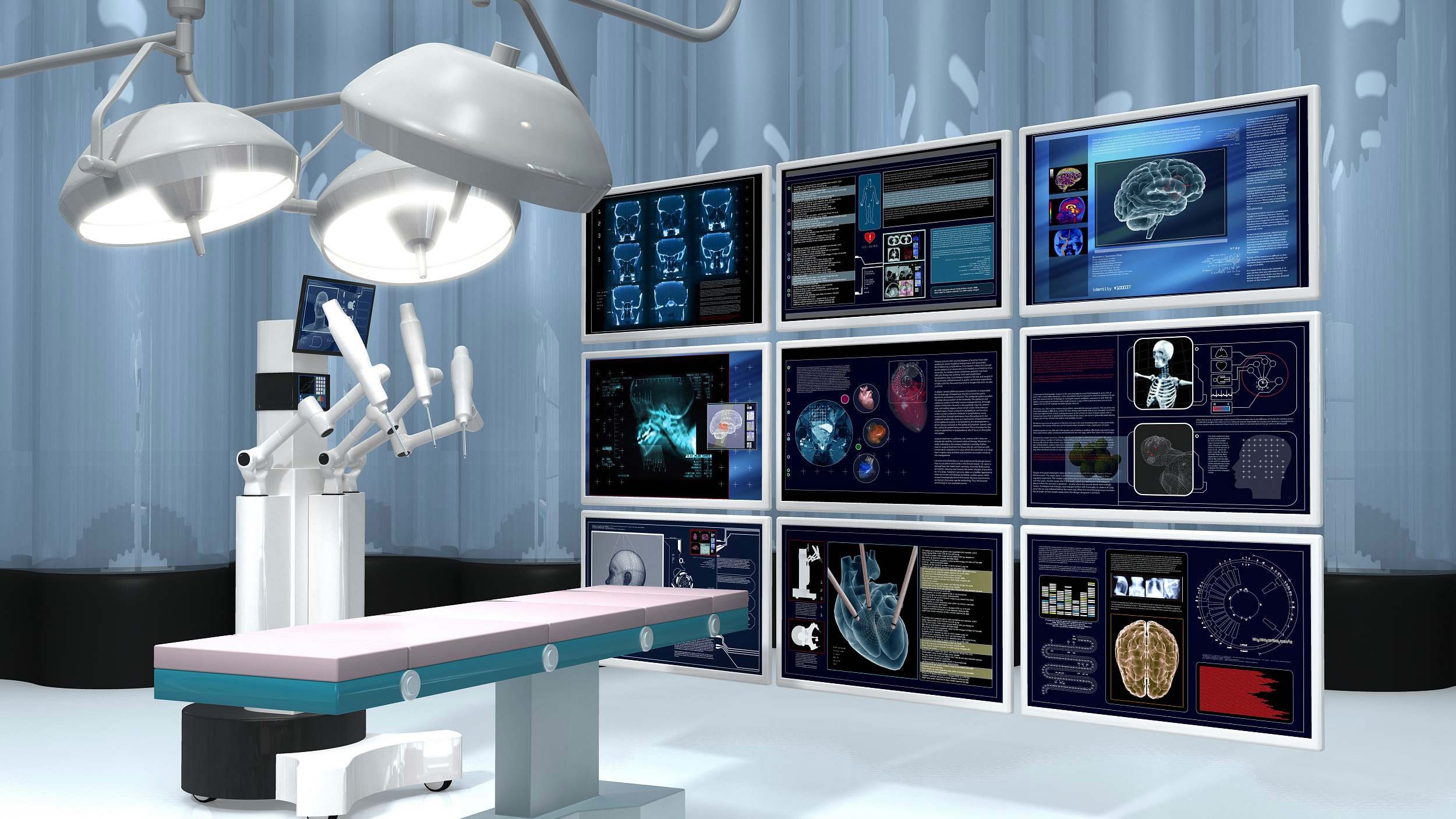
Business
17:58, 19-Feb-2018
Tech Frontier: China roars ahead in AI race
By CGTN’s New Money team

In recent years, artificial intelligence (AI) has been a buzz word in the tech sector. China is also actively exploring this area.
The AI industry is experiencing a period of rapid growth. Many international and domestic companies are making their attempts to grab a share of the fast-growing market.
iFLYTEK is a national key software enterprise focused on the research of intelligent speech and language technologies.
The company developed an AI voice technology, which has been used in multiple areas such as smart education, smart healthcare, smart office, smart transportation and smart media.
“It might take an experienced doctor five minutes to analyze an X-ray, but now, it takes just one second for our AI system to go over 200 X-rays. Therefore, the system can assist the doctor with some fundamental work,” said Jiang Tao, senior vice president of iFLYTEK.

VCG Photo
VCG Photo
The AI industry in China not only made huge progress in voice interaction, but also has outstanding performance in visual technologies. Thus, a large number of smart video editing companies emerged in China.
YI + is one of the companies focusing on the development of AI computer vision engines. The company’s CEO, Zhang Mo, said that they are developing technologies, which could provide smart and commercial solution for the media, broadcast and TV industry.
In the future, AI will be more widely used in the visual sector with far-reaching influence on online traffic, viewer and box office value prediction, content examination and approval and public management.

Cashier-free supermarket at the headquarters of JD.com in Daxing District, Beijing. / VCG Photo
Cashier-free supermarket at the headquarters of JD.com in Daxing District, Beijing. / VCG Photo
One of the largest e-commerce platforms in China, JD.com launched the first cashier-free supermarket at its headquarter in Daxing District of Beijing.
Their AI systems can help businesses to realize targeted marketing, reduce cost and deliver more flexible shopping experience for consumers.
“The establishment of the cashier-free supermarket only costs about 15 percent more than conventional convenience stores due to the adoption of smart devices, and the cost will be further reduced in our future expansion,” said Mu Guangsen, director of JD.com cashier-free supermarket. “That is to say, the cost is acceptable.”
The cashier-free supermarket has advantage in both efficiency and cost. Mu believes that the cost of cashier-free supermarket will be significantly reduced after realizing scaled development.
Read more:

SITEMAP
Copyright © 2018 CGTN. Beijing ICP prepared NO.16065310-3
Copyright © 2018 CGTN. Beijing ICP prepared NO.16065310-3